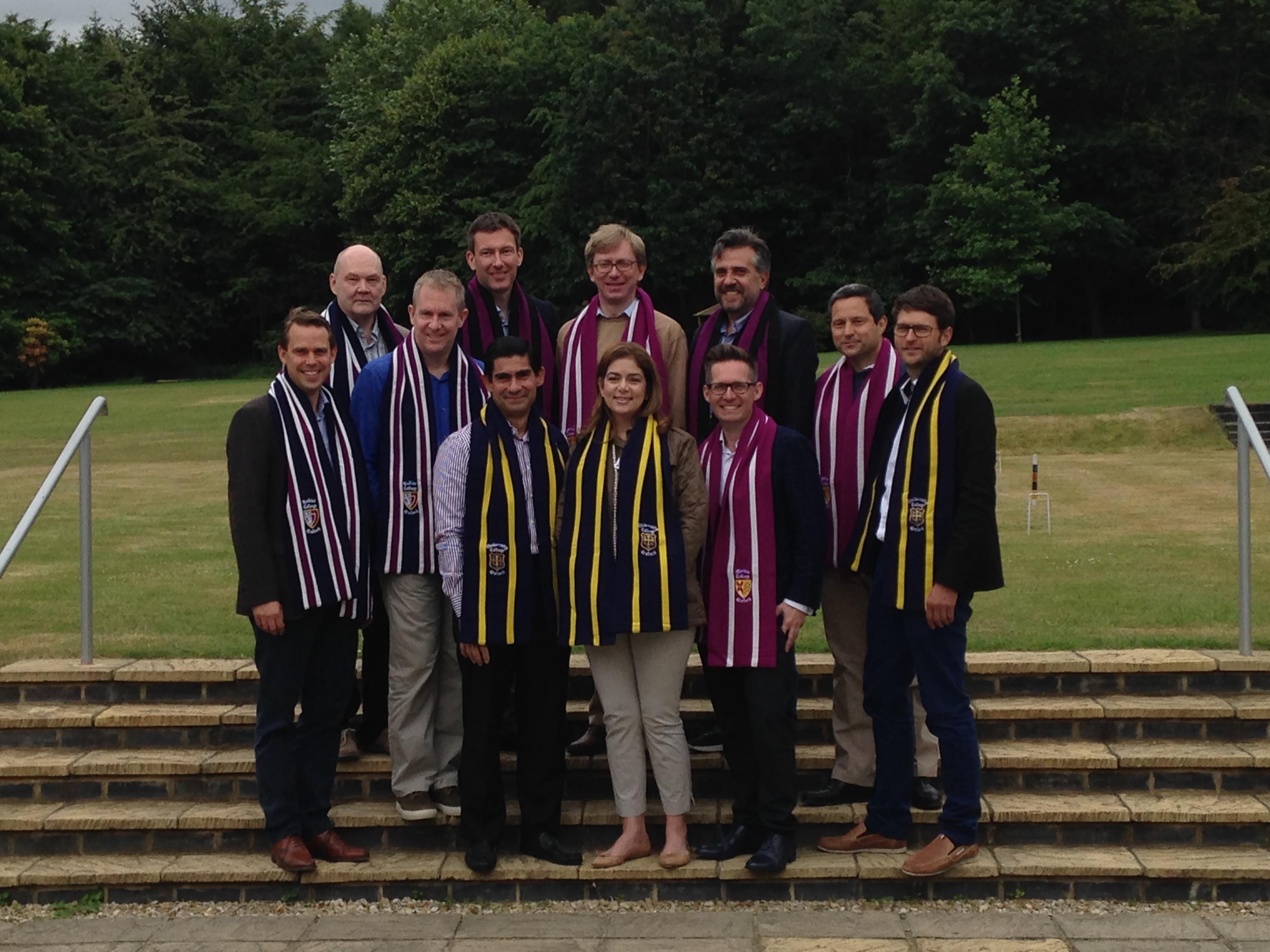Publishers address business challenges head-on at FIPP course
Last week (6-10 July), on FIPP’s senior management training programme, the Executive Programme for Innovation and Change (EPIC), delegates learned that for all business challenges, there are two ways of finding solutions.
They fall into technical solutions and adaptive solutions.
Technical ones are often easier to understand – how can technology help fix the problem that you face. Adaptive is not so tangible and it requires looking at how people will adapt to the challenge and whether it requires a change in mind-set and behaviour to overcome the problem.
Richard Pascale, the course leader on this session, who is an associate fellow at Oxford’s Saïd Business School and author of Managing on the Edge and Surfing the Edge of Chaos, is an expert at looking at solutions from a different angle. He believes that in many cases, the solution to the toughest problems can be found “right under your nose.”
What are Adaptive Leadership Competencies?
- The adaptive leadership approach views leadership more as a process than a set of competencies. Here are some skills, attitudes, and implied qualities that an adaptive leader should possess:
- The adaptive leader needs to be able to connect organisational change to the core values, capabilities, and dreams of the relevant stakeholders
- The adaptive leader seeks to foster a culture that collects and honours diversity of opinion and uses this collective knowledge for the good of the organisation
- The adaptive leader knows that change and learning can be painful for people, and is able to anticipate and counteract any reluctant behaviour related to the pain
- The adaptive leader understands that large scale change is an incremental process and that he/she needs to be persistent and willing to withstand the pressure to not take shortcuts
EPIC attendees explored with Pascale what they can do to tackle their individual “adaptive challenges” – problems that are difficult to pin down and for which there are no easy solutions.
How to tackle adaptive work
- Define the challenge in a simple compelling way, identifying if it is a threat or an opportunity
- Downsize the problem to tangible, deliverable issues
- Set deadlines and allow for peer reviews
- Use the four principles of social psychology to help you (political, economic, social and technical)
EPIC is aimed at senior executive business leaders in the magazine media world, tasked with leading and transforming their businesses in times of unprecedented change.
Last week saw, 11 participants from, nine companies and eight countries take part in EPIC. They include (see photo – left to right) Malte Schwerdtfeger, Hubert Burda Media, Germany; Arto Seppänen, A-lehdet Oy,Finland; Brett Reynolds, Dennis Publishing, UK; David Löffler, Axel Springer, Germany; Francisco Alvarado, Editorial Vistazo, Ecuador; Alexey Ovchinnikov, Hearst Shkulev Media, Russia; Ruth Canahuati, Organización Publicitaria, Honduras; Cobus Heyl, FIPP, UK, Martin Trautmann, Prisma Media France; Andreas Mauch, Burda News, Germany.

For information about EPIC email Christine Huntingford.
More like this
The difficulty for media companies is not building the new, but escaping the old
Does your company have an ambidextrous strategy? Map it against these five core factors.









